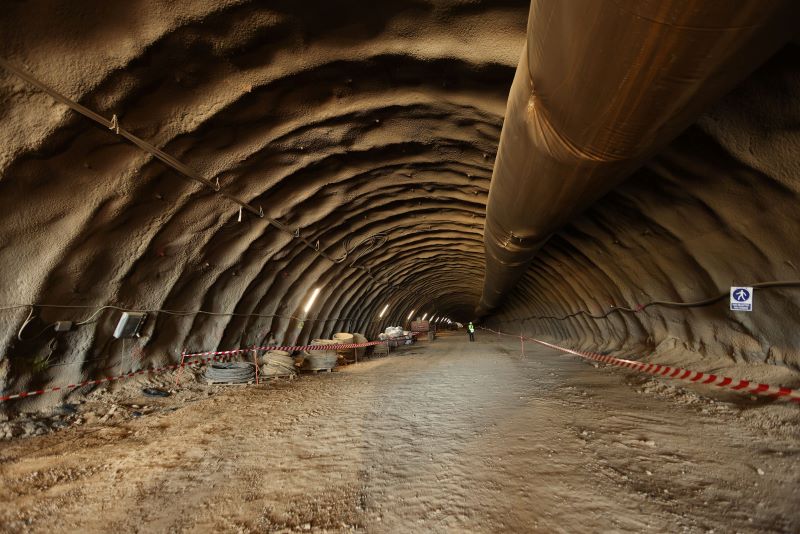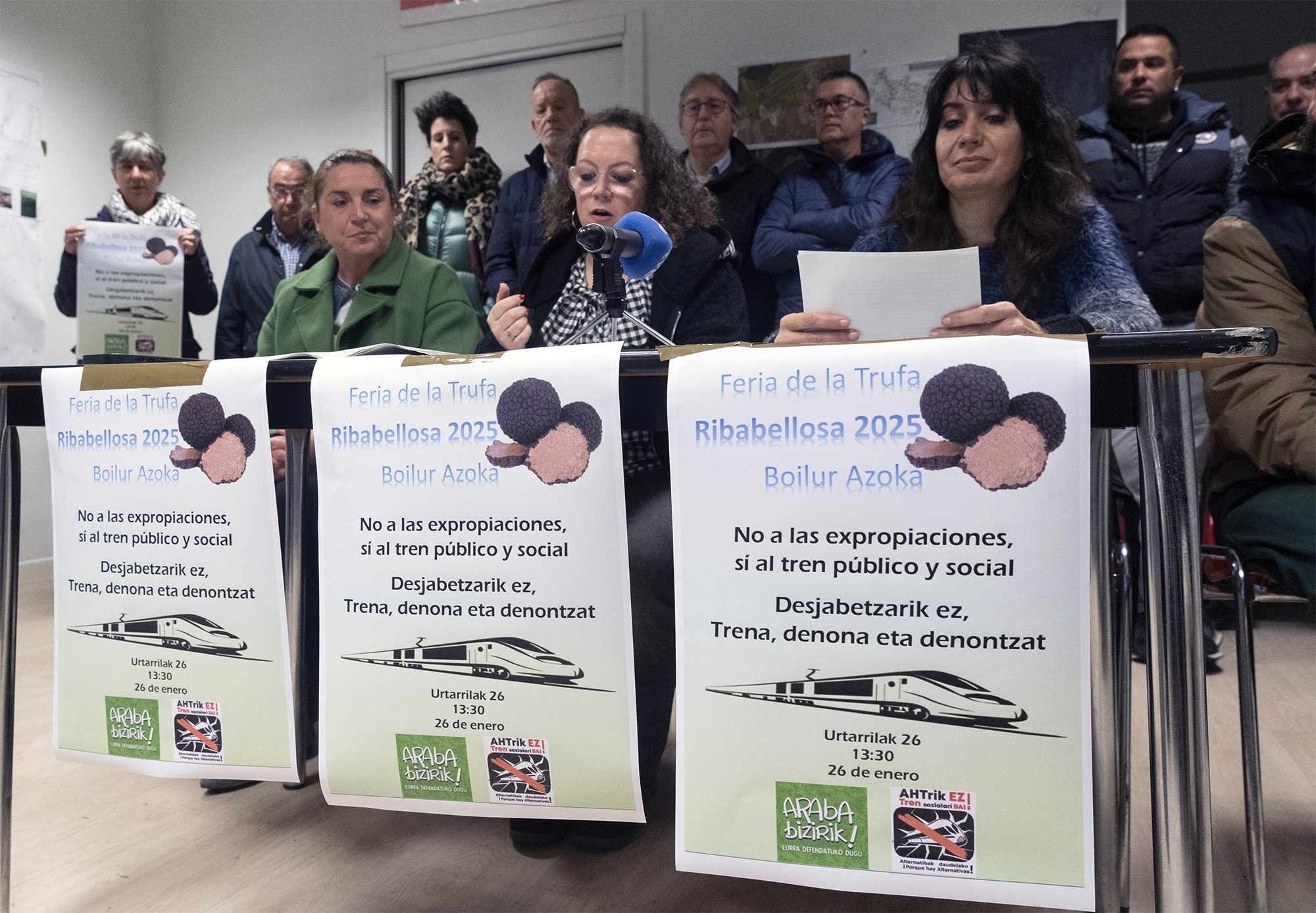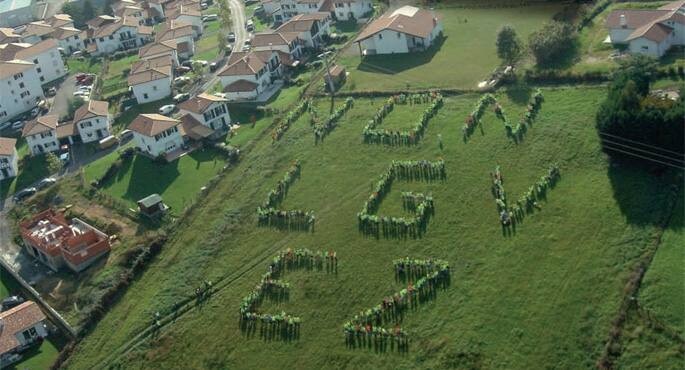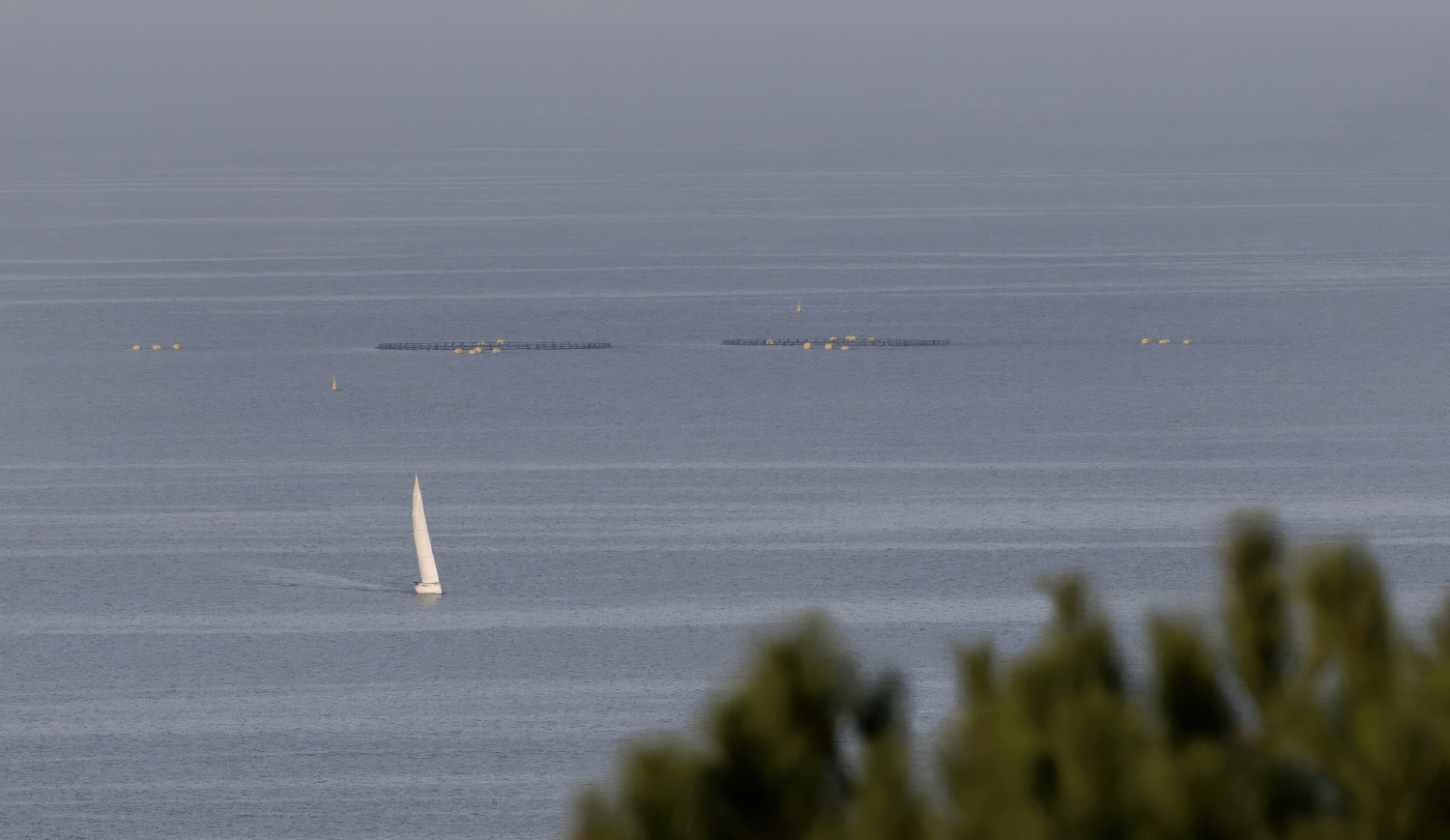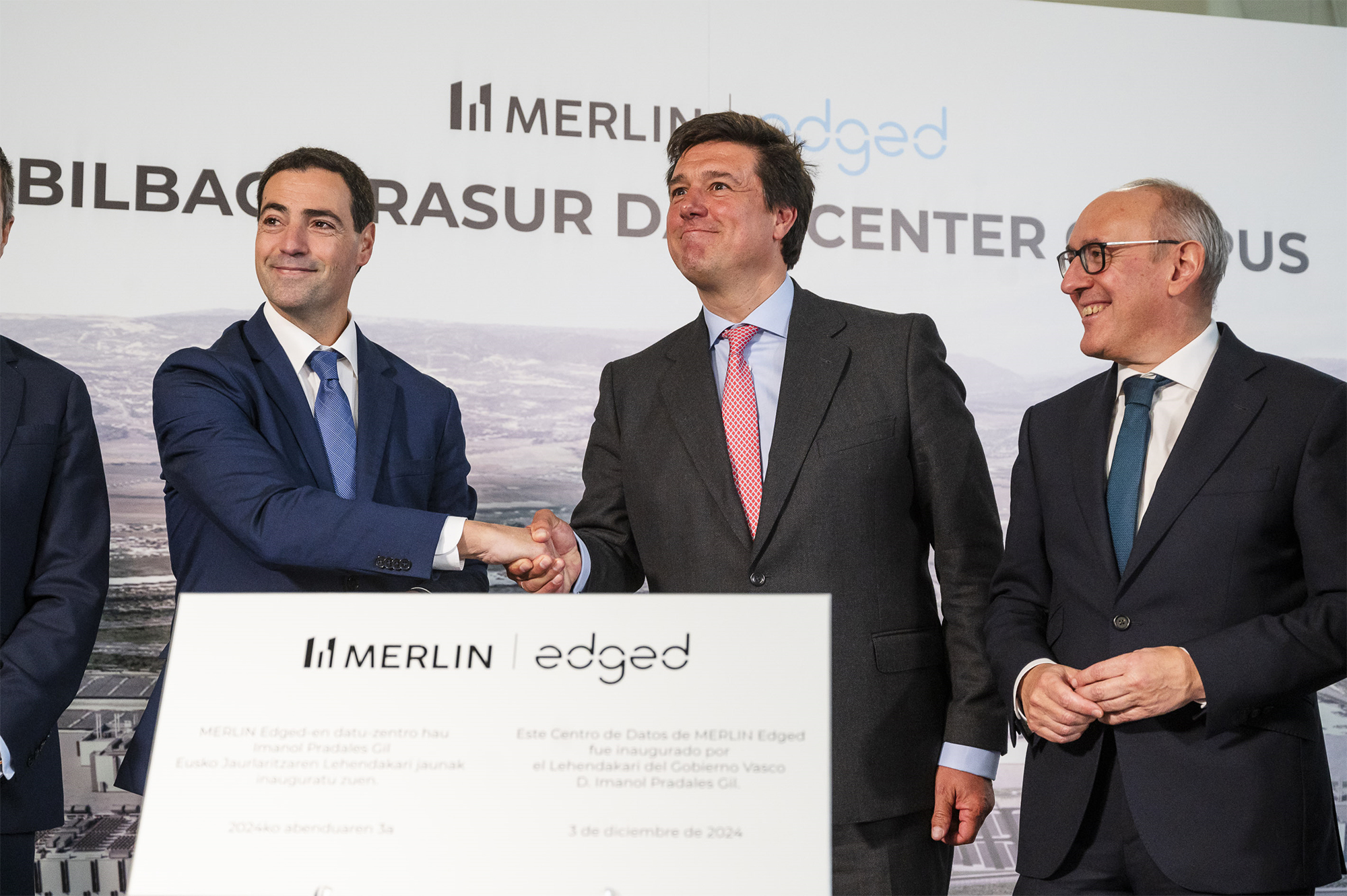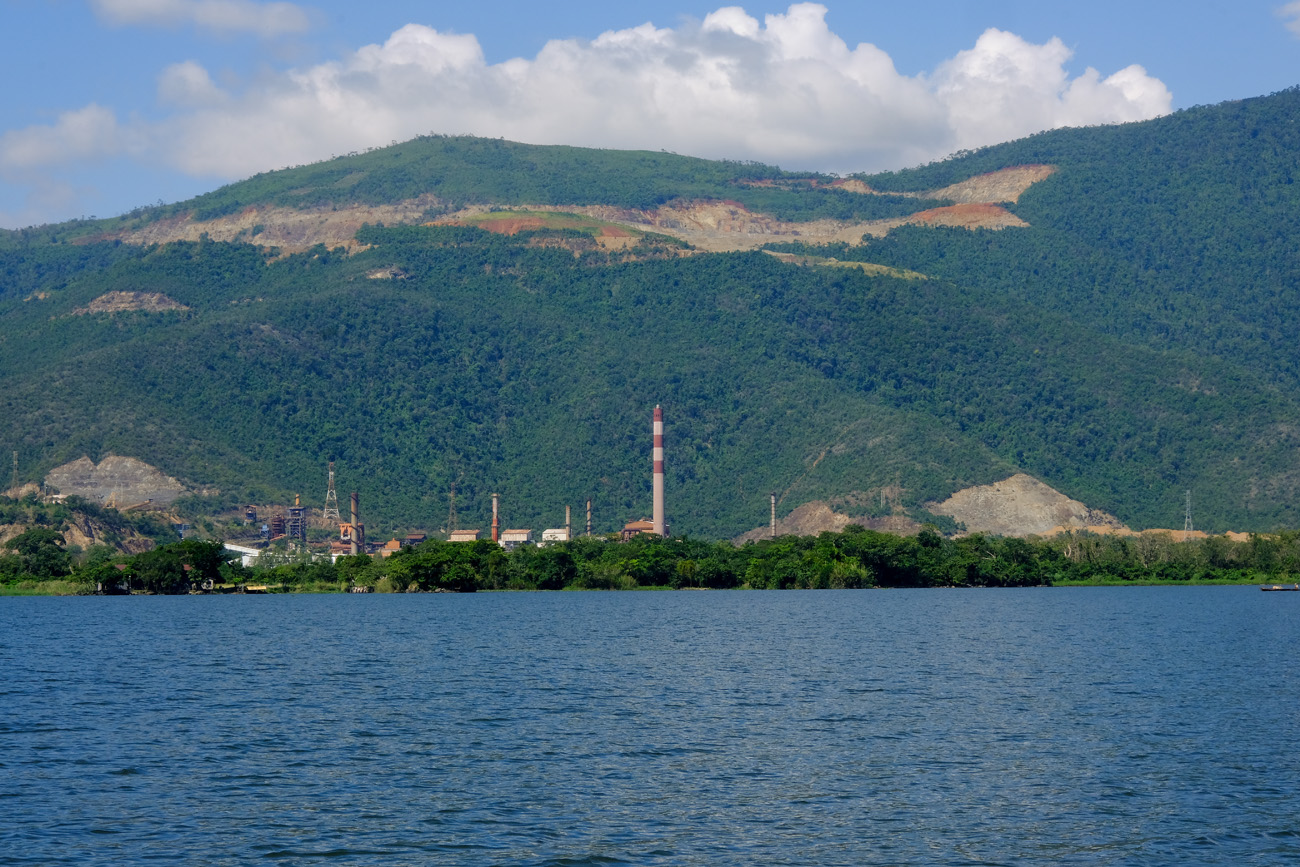The European Court of Auditors warns of the "ecological dilemma" posed by windmills at sea
- According to the European organisation, offshore wind turbines can damage the environment and the European Commission has not taken them into account in its strategy for developing "blue energy". They want the power installed on the European coastline in 2050 to be 340 GW compared to the current 16 GW.

Marine ecosystems are not exempt from the fever of renewable energies, as demonstrated by the plans of the EU countries to introduce windmills and other technologies into water.
The European Court of Auditors has produced a special report on the possible consequences of the development of marine energy, for which it has audited several countries, including the Spanish and French states, and has stated that the study has left "ambiguous" conclusions.
Specifically, according to this institution, the massive construction of windmills and others will represent an "ecological dilemma". It says that "blue energy" is key to the "ecological transition of the EU, but its development can harm the marine environment".
It reproaches the European Commission for not having valued in its plan such effects as movements of species, structural changes in populations or migration patterns. The auditors' concern is that "renewable marine energy is harmful to the marine environment, both below and above sea level".
On the other hand, it warns wind farms of the difficult coexistence with other human activities at sea, such as the fisheries sector, and of the possibility of conflicts.
Auditors are concerned that "renewable marine energy is harmful to the marine environment, both below and above sea level"
As regards supply, the shadows in the report also predominate. Almost all the raw materials needed for the creation of technological infrastructures such as wind turbines are currently supplied by China, which "has a key role in the production of magnets for wind turbine generators", for example, and states that this dependence can create bottlenecks.
A great marine space
According to the Court of Auditors, since 2007 EU budgets have earmarked EUR 2.3 billion for offshore energy generation by wind and other methods. In addition, the European Investment Bank has contributed an additional EUR 14.4 billion.
But in order to meet the objectives of the European Commission, which aims to move from the current 16 GW to the 340 GW in 25 years, "a huge marine space and some 800,000 million euros will be needed, most of which come from private investment". According to the auditors, "meeting these goals is not easy".
There are significant differences between the countries audited. Countries like Holland and Germany have been developing plans for offshore wind. On the contrary, the French and Spanish states are slower.
Among the maps shown in the report are the Basque coast, which these days has connected to the energy network an aerogenerator built at sea on the coast of Armintza. As can be seen on the map, not far from Armintza, the installation of a “test centre” for marine renewable energies is planned in a much wider area.

Zirkulazioan lehentasunek garrantzi handia dute. Gidatzeko ikasten dugun lehen gauzatakoak dira: biribilguneak eta STOPak menperatu ezean nekez lortuko dugu gidabaimena.
Hala ere, lehentasunak ez dira kontu neutroak, eta historiak eta interes kontrajarriek aldatu izan... [+]
In recent weeks we have been reading "proposals" for the recovery of the railway line Castec-Soria and the maintenance of the Tudela train station in its current location, or for the construction of a new high-speed station outside the urban area with the excuse of the supposed... [+]








